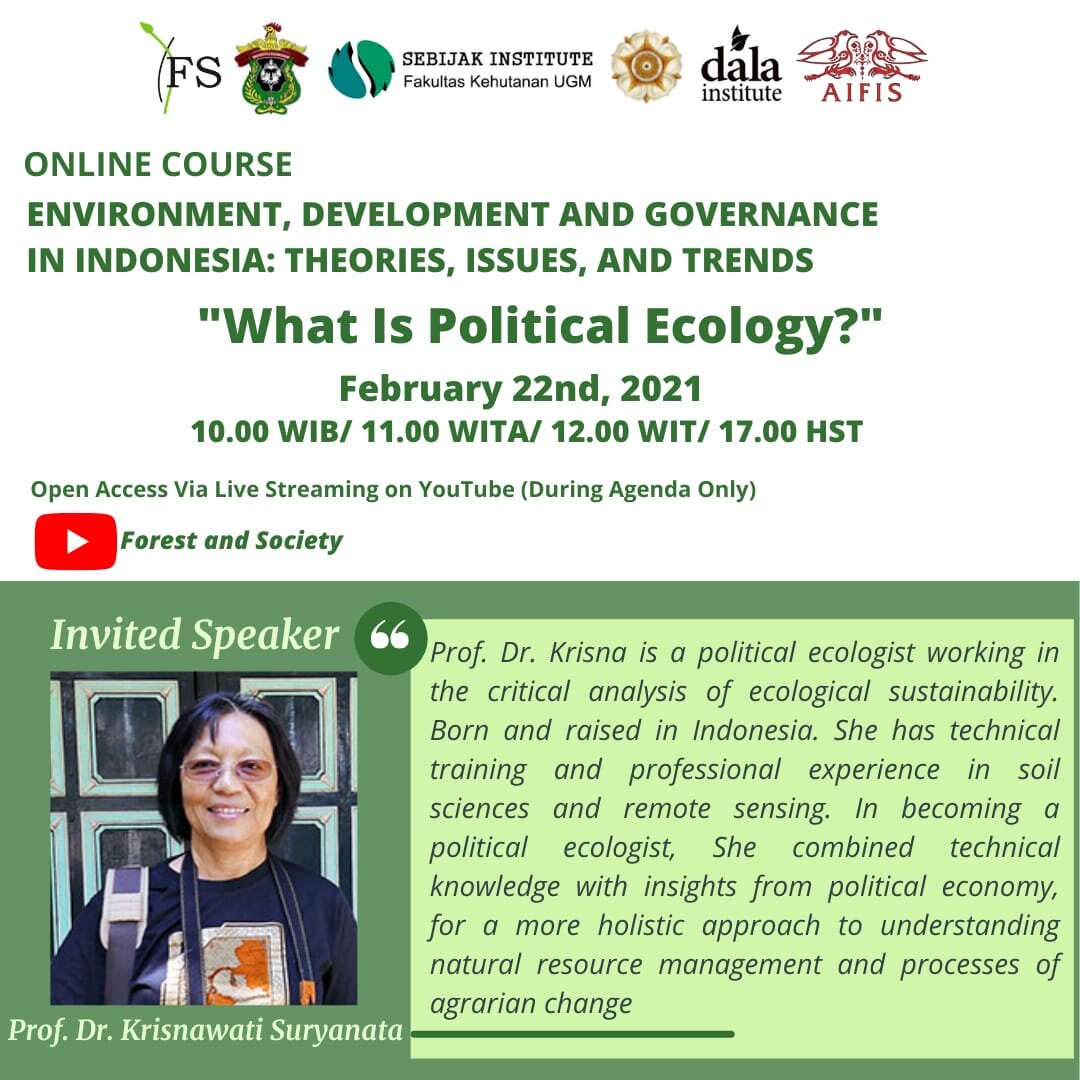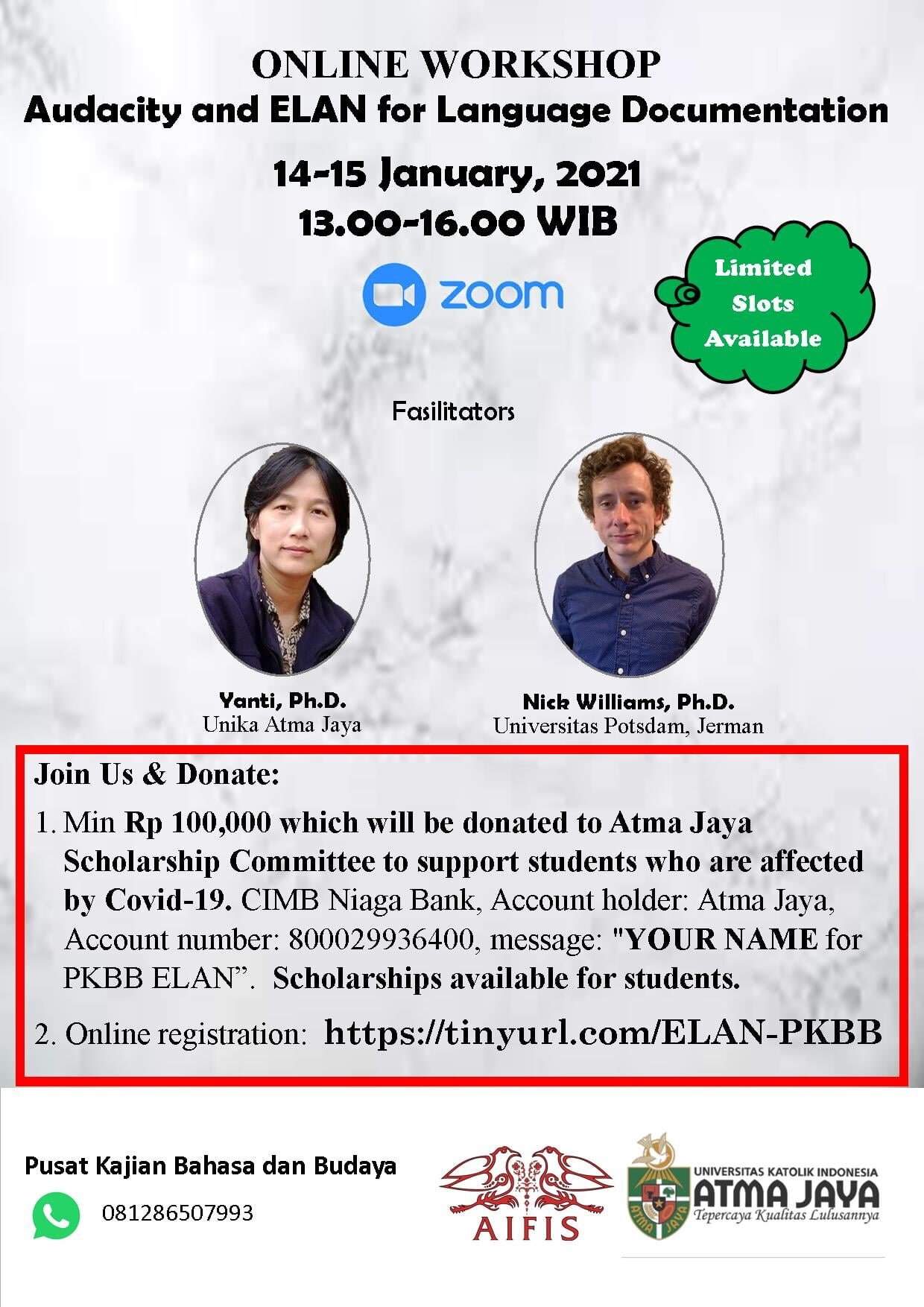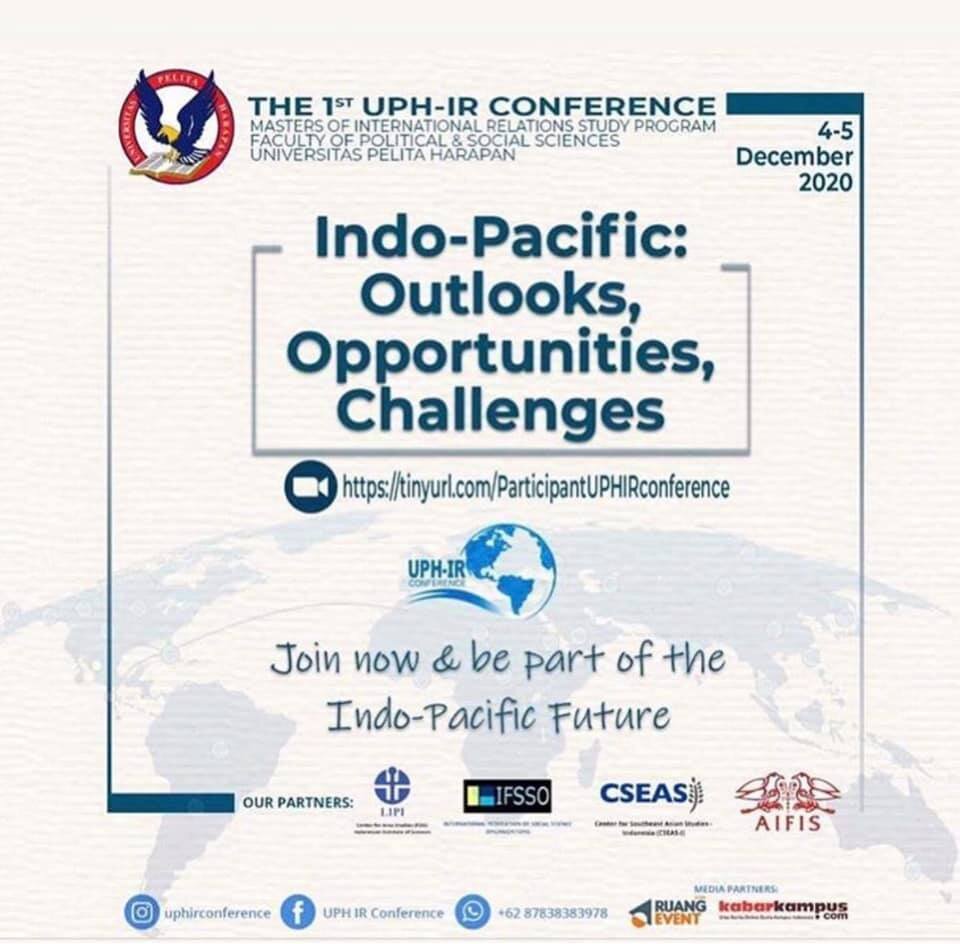The Indo-Pacific region refers to the countries and tropical waters in between Indian Ocean
and Pacific Ocean. It is made up of important global maritime trade routes, rich marine
biodiversity, and blue economy potentials. Historically, the interconnection, exchanges, and
acculturation between the peoples and polities in this region have taken place for centuries. In
the recent decade, the region has gained new significance as the major actors in this region
have defined their strategic interests and actions within the context of Indo-Pacific. China
establishes the maritime leg of its Belt and Road Initiative (BRI) which requires the
interconnection between the Pacific Ocean and the Indian Ocean. It claims de facto control of
South China Sea, which is part of Central Indo Pacific, to secure and assert influence over the
Malacca Strait on to the Indian Ocean and then reaching out to the Middle East and ultimately
Europe.
Meanwhile, the US, being aware of the necessity to have a projection of naval power in the
Pacific Ocean as well as the Indian Ocean, tries to reassert its strategic interests of freedom of
navigation in the South China Sea through which trillions of US dollar of international trade
makes it passage through it. Asia’s powers such as Japan, South Korea, Australia and India
share the same interests as the US. ASEAN countries including Indonesia attempt to offer a
neutral way through the ASEAN Outlook on the Indo-Pacific. However, the increasing hostility
in South China Sea continues creating tensions in Indo Pacific at large.
In response to this contemporary geopolitical issue, the Master of International Relations Study
Program, which is part of the Faculty of Social and Political Sciences, Universitas Pelita
Harapan (UPH) initiates the 1st UPH International Relations Conference (UPH-IR Conference)
with the topic “Indo-Pacific: Outlooks, Opportunities, and Challenges.” The conference is a
milestone in the 2020-2021 research agenda on Indo-Pacific conducted by the Master of
International Relations Program. The conference will be held virtually with support from UPH
Online Education. All participants will receive conference pass to access all online panels and
other conference events, customized virtual background, and conference certificate.
Participants
Ambassadors, diplomats, government officials, scholars, researchers, educators, students, and
observers from Indonesia and abroad
Venue and Dates
The conference will be held on Friday and Saturday, December 4 – 5, 2020 virtually from
Jakarta and Lippo Karawaci, Indonesia. The committee will be using a secured online learning
management system and video conference platform provided and managed by UPH Online
Education. Only registered participants and invited speakers will be given the access to the
platform.
Contact Information
UPH-IR Organizing Committee
Email: magister.hi@uph.edu;
uphinternationalconference@gmail.com
Ph.: +62-8783-8383-978

















